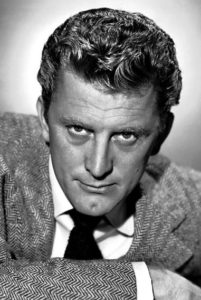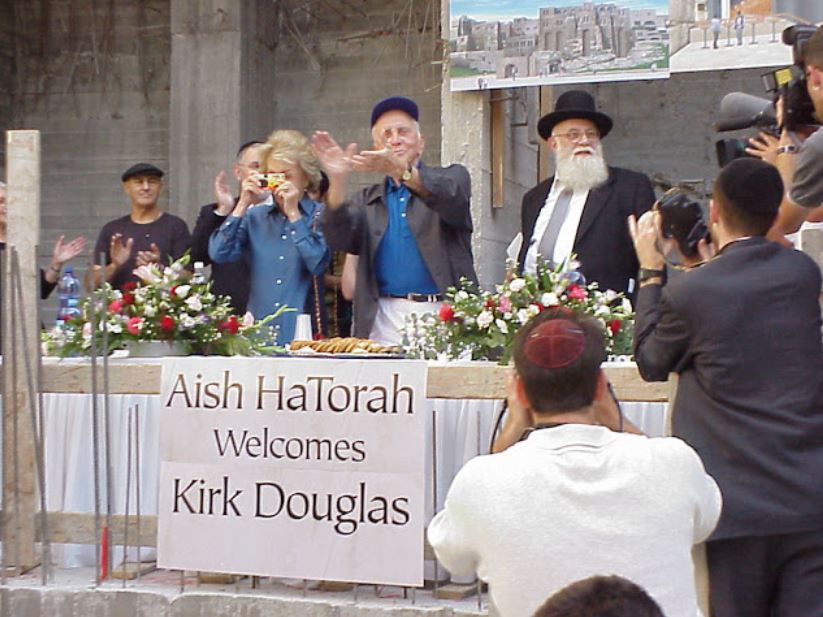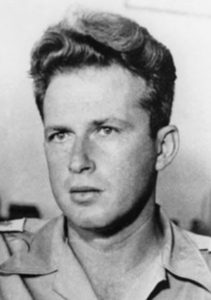Mayor of Los Angeles
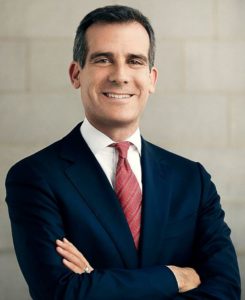
Eric Garcetti, mayor of LA (Credit: Emily Shur)
Eric Michael Garcetti (b. 1971) was born in Los Angeles to a Russian-Jewish mother and a Mexican-Italian father. He was always interested in civics and politics, and was a member of Junior State of America, an organization for high school students aiming to cultivate America’s future leaders. Garcetti studied political science at Columbia, then earned his Master’s there in international affairs. He was also a Rhodes Scholar at Oxford University and worked on his doctorate at the London School of Economics. After returning to the States, Garcetti taught at several colleges and sat on the board of California’s Human Rights Watch. In 2001, he ran for a seat on Los Angeles’ City Council, and won. Between 2006 and 2012, he was president of the council, and implemented important changes including a policy that all constituents must be answered within 24 hours. He led the way in passing new laws to clean up Los Angeles’ waterways, and to make all new buildings environmentally-friendly. During his tenure, graffiti in his district was reduced by 78%, housing got an injection of $100 million in funds, and the Hollywood neighbourhood was revitalized. In 2013, Garcetti won the race for mayor of Los Angeles, making him the city’s first elected Jewish mayor and its youngest mayor ever. He has become one of LA’s most popular figures, and won re-election in 2017 with a whopping 81% of the vote. He has been hailed for improving the city’s budgets, urban development, and immigration policies, as well as for increasing minimum wage and raising more funds for the LAPD and fire department. He has also secured LA as the host city for the 2028 Summer Olympics. Meanwhile, Garcetti is a devoted member of LA’s IKAR Jewish community. He and his wife have one adopted daughter, and have fostered seven other children. Garcetti was also a lieutenant in the US Navy Reserves until 2013, once lived in Thailand, and—together with relatives from his mother’s side of the family—oversees the Roth Family Foundation, which has given out over $6 million in grants and donations. He won the Green Cross Millennium Award for environmental leadership, and was NAACP’s “Person of the Year” in 2014. That same year, Bill Clinton said that Garcetti may be America’s president one day. There were rumours that he would run this year, but he decided to stick with his job as mayor for now. He is currently listed among potential candidates to be Joe Biden’s running mate.
Words of the Week
Woe to him whom nobody likes, but beware of him whom everybody likes.
– Hasidic proverb
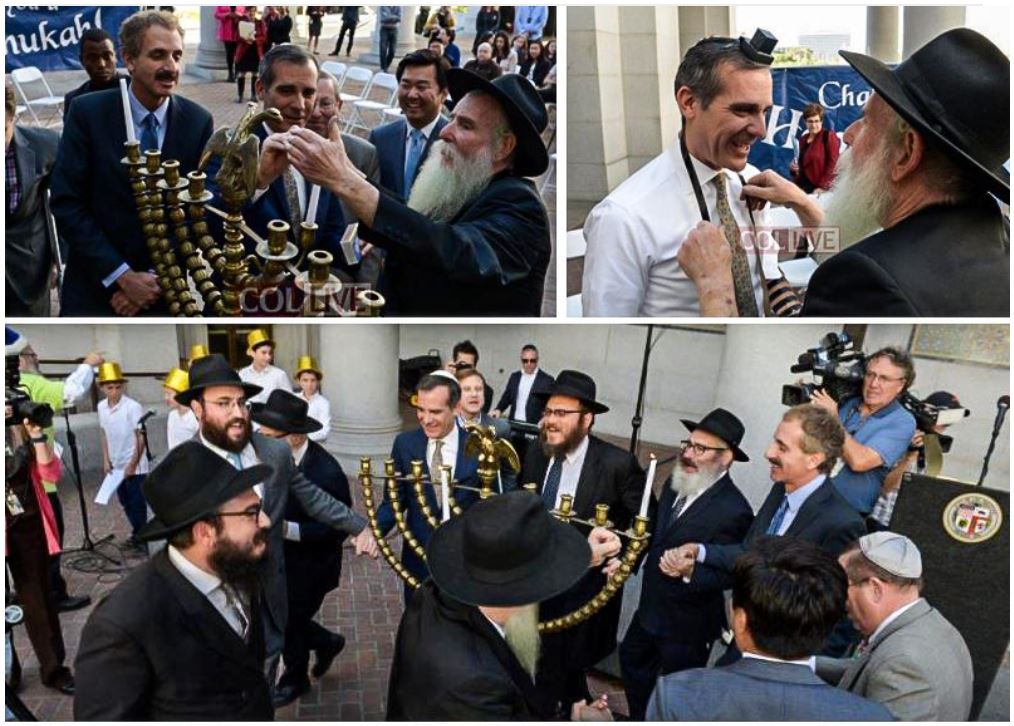
Mayor Garcetti lighting Chanukah candles and putting on tefillin. (Credit: COLlive)

